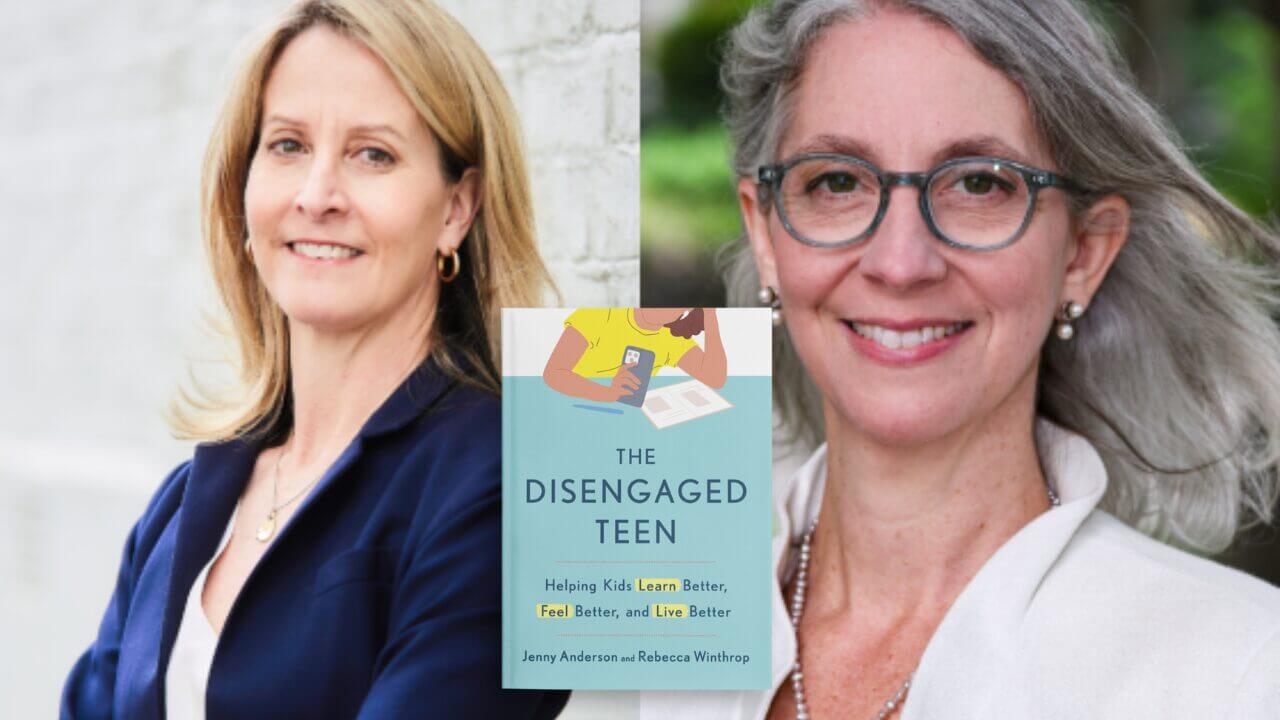A New Architecture for Education: May 2024 Carnegie Foundation Newsletter

Below is Carnegie President Timothy Knowles’s opening to our May 2024 newsletter. Join our mailing list for additional resources and recommended reads.
Dear Friends and Colleagues,
Last month, I had the pleasure of being part of a fireside chat with Russlynn Ali (CEO, XQ Institute) and Tom Vander Ark (CEO, Getting Smart). In the session, Russlynn reminded us the time is now to join together to transform secondary schooling, and those who engage, invest, and advocate will be the authors of the next century’s breakthroughs.
I am convinced Russlynn is right. We are at a catalytic moment. There is immense demand to reimagine education across the nation. The pandemic created urgency to move beyond the status quo. Tens of thousands of students, parents, educators and employers have developed ‘portraits of a graduate’ that focus on both the knowledge and skills we know matter for success in school, work and life. Technology is (at last!) at a stage where it can support more ambitious modes of teaching, learning and assessment. And record-level student absenteeism and teacher shortages are unequivocal reminders that the time for transformation has come.
To meet this moment – and make education a much more powerful engine for economic opportunity – we need a new educational architecture that does not conflate seat time with learning. Rather, we need an architecture that catalyzes true competency-based learning at persuasive scale, ensuring millions more young people have the opportunity to develop the knowledge and skills they need to thrive.
With XQ, and collaborators from across the nation, we are intent on building this architecture. At a high level, we think it will be defined by three things:
- Ambitious goals for what students should know and be able to do, inclusive of both disciplinary knowledge and the essential skills young people need to thrive
- New learning experiences across subject matter, rooted in the science of learning, that ensure teaching and learning is reliably rigorous, engaging and experiential
- Signaling systems that provide clear insights to students, families and educators to help them accelerate learning and development
Each part of this architecture depends on creating or strengthening a range of catalytic (or enabling) forces, including things like supportive public policy, new approaches to teacher development and support, a well-supported ecosystem of curricula makers, and intuitive technologies to undergird key aspects of the work. Most importantly, establishing a new path forward must leverage the learnings of extraordinary educators who are doing elegant, effective work in our schools every day. So in many ways this is not new work. What is new is the promise of bringing this work to scale.
Working with XQ, we are building a coalition of partners, including educators, state leaders, not for profit organizations, curricula and assessment makers, and employers to codesign the future of high school. And like Russlynn, I am convinced we are at a moment in history, ripe with opportunity for transformation.
We invite you to join us on the journey. The time is now.

In partnership,
Timothy Knowles
President, Carnegie Foundation for the Advancement of Teaching
May 17, 2024
Akron Public Schools (APS), a member of the Carnegie Learning Leadership Network based in Ohio, completed its inaugural Changemaker Challenge, an initiative encouraging students to become community leaders by identifying and proposing creative solutions to local issues. Students across the district were actively engaged in projects ranging from environmental conservation…
May 22, 2024
The Economist recently profiled GRAD Partnership, a partnership organization Carnegie Foundation joined in 2022 to bring the use of evidence-based student success systems from a new practice to a common practice. Manzano High School in Albuquerque, New Mexico was profiled in the piece for having worked with the GRAD Partnership…







